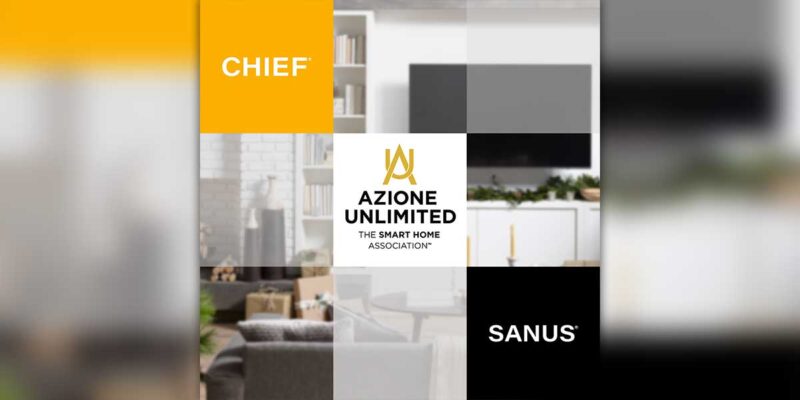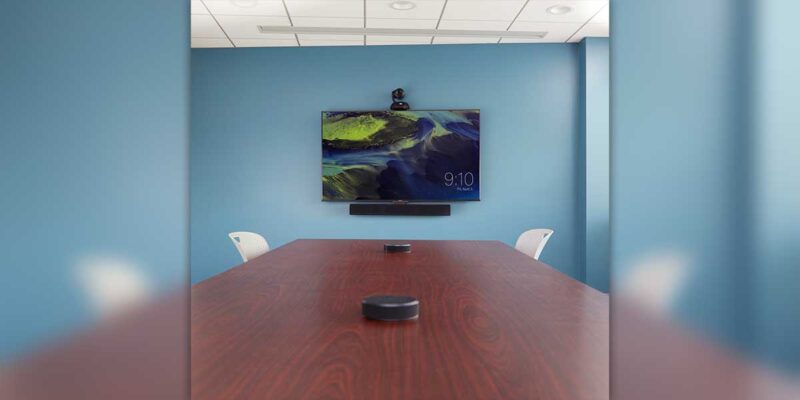Everything is Empathy
 Think about your last horrible experience with a company. Perhaps the product didn’t work as expected or advertised. Did that company listen to you and try to make it right in a way that was mutually acceptable? Or did you get the loathsome “I’m sorry you feel that way,” which is a particularly insidious type of non-apology found a lot in the world these days. What it says, every time, is “you are a fool to think that. I recognize you feel angry, but I don’t feel bad about it in the slightest; however, I do wish to move on in this conversation without me having to admit any sort of fault.”
Think about your last horrible experience with a company. Perhaps the product didn’t work as expected or advertised. Did that company listen to you and try to make it right in a way that was mutually acceptable? Or did you get the loathsome “I’m sorry you feel that way,” which is a particularly insidious type of non-apology found a lot in the world these days. What it says, every time, is “you are a fool to think that. I recognize you feel angry, but I don’t feel bad about it in the slightest; however, I do wish to move on in this conversation without me having to admit any sort of fault.”
Sometimes during these conversations, I also think I hear the distant sounds of the wicked witch cackling at me.
“I’m sorry you feel that way” is the opposite of empathy.
It’s also the opposite of where you need to be for any interaction in the AV business. There’s no shortage of studies that show how empathy is good for business. And empathy is increasingly becoming part of job descriptions even for top executives.
Empathy — my definition — is the ability to block all the usual voices in your head and replace your concerns with another’s. It’s a conscious decision and takes imagination. There’s a great video called “This is Water” that speaks to the difficulty of making this choice every day, and it’s worth 10 minutes of your time.
In a recent conversation I had with one of the engineers at Chief, we were discussing a mount they are working on. I asked him how they came up with one of the new product’s defining features.
“It came about through imagination,” was the simple reply, said as a statement with no need for more discussion.
I kept prodding. Ten minutes later, I asked him what he enjoys most about designing mounts.
“I think my favorite part is empathizing. Having empathy for the problem or the challenge,” he says. “You put yourself in a person’s shoes who is going to be using it and what would they like to see.”
In a way, empathy is learning. I’ve been voraciously reading publications and posts in the industry since starting at Chief. It’s like learning a new language on the fly. I still have trouble understanding half of what AV products do, and I’ve been working at it for 18 months now. Imagine how your customers feel having had zero experience with various AV products when you discuss their new switcher or processor or mixer. Just imagining myself in that situation, I want to get up and run away to where words are things that make sense again.
I thought for a long time that empathy was something particularly tied to reading and writing. You can’t write without thinking about the various ways the person on the other end of the message will receive and interpret/misinterpret your words. Feedback is an important part of that as well – not so much the missing comma or typo, but how the message has been received. This is where experience comes in. You get enough feedback over the years and you can craft your message more accurately, quickly, and to better effect.
There’s always a lot of chatter about the ROI of social media, which I think misses the biggest gift social media has for business. More than providing another platform to send messages to customers, social media is where you listen to what your audience is saying and then change your strategy as appropriate. Is there an ROI for such empathy-generating info? I’d like to think so.
I imagine much of this is the same for installation and system design. You get feedback from the end user on each project, which influences the decisions you make next time. If you listen carefully, you will continue to gain empathy with each project and each client, allowing you to create a system that more accurately meets their needs both spoken and unknown.
AV installs are like a chain reaction of empathy when done right. The engineer empathizes with the installer to make a product that solves pain points with the installation. The system designer empathizes with the end user when creating an AV system that meets their needs. The programmer empathizes with the end user by making an intuitive control system design that’s easy to use.
This is all done by listening.
I’ve spoken to installers who will sometimes relate some problem they had with a product, and then go on for three times as long about our response to their concerns in glowing terms. I can only imagine how painful that feedback would be if the response was not positive, empathetic or helpful.
Empathy is an amazing way to connect to customers, and if you don’t believe that… well, I’m sorry you feel that way.





